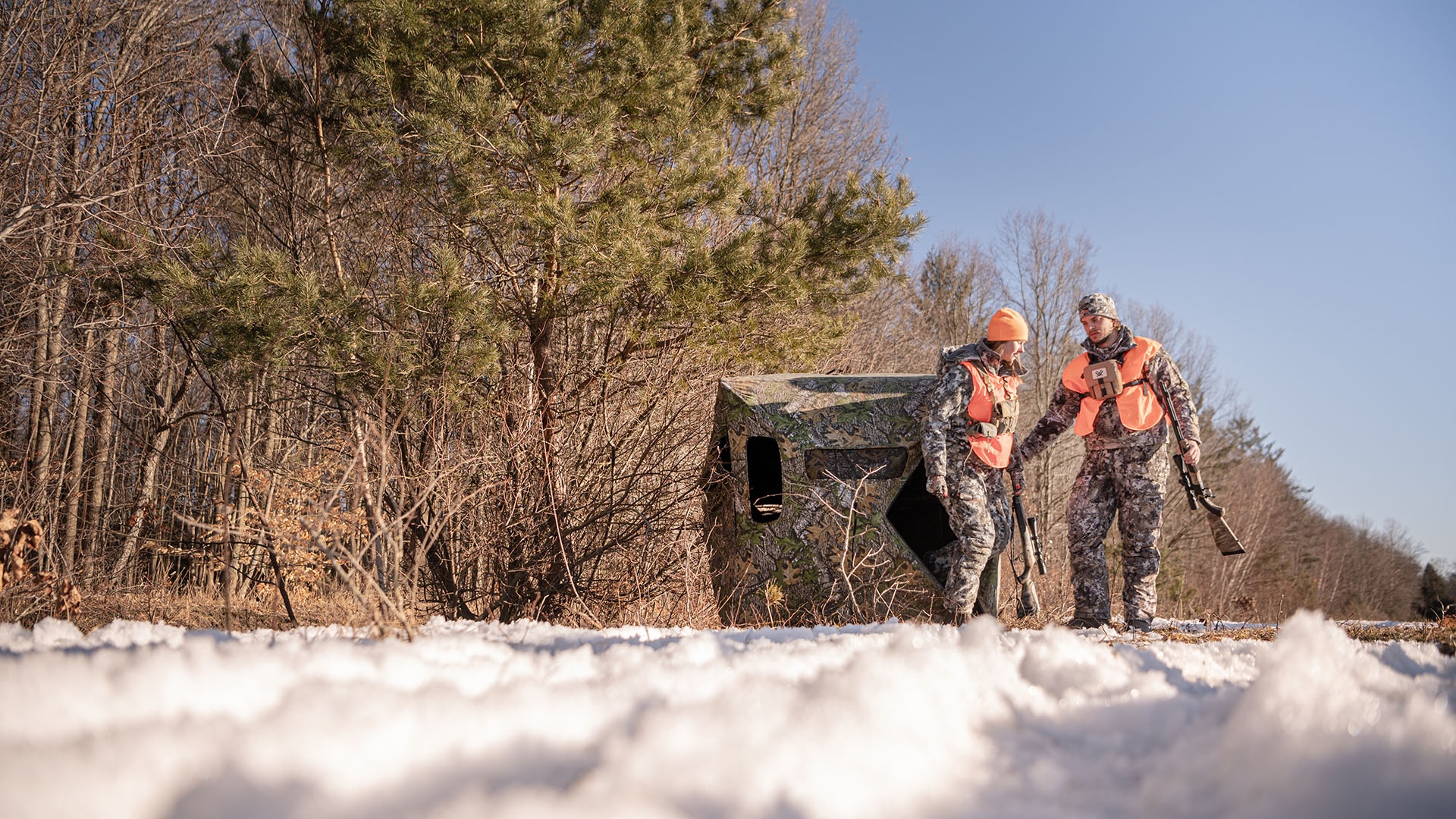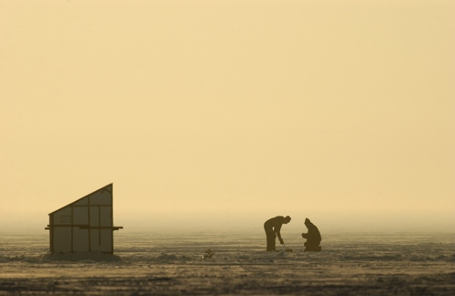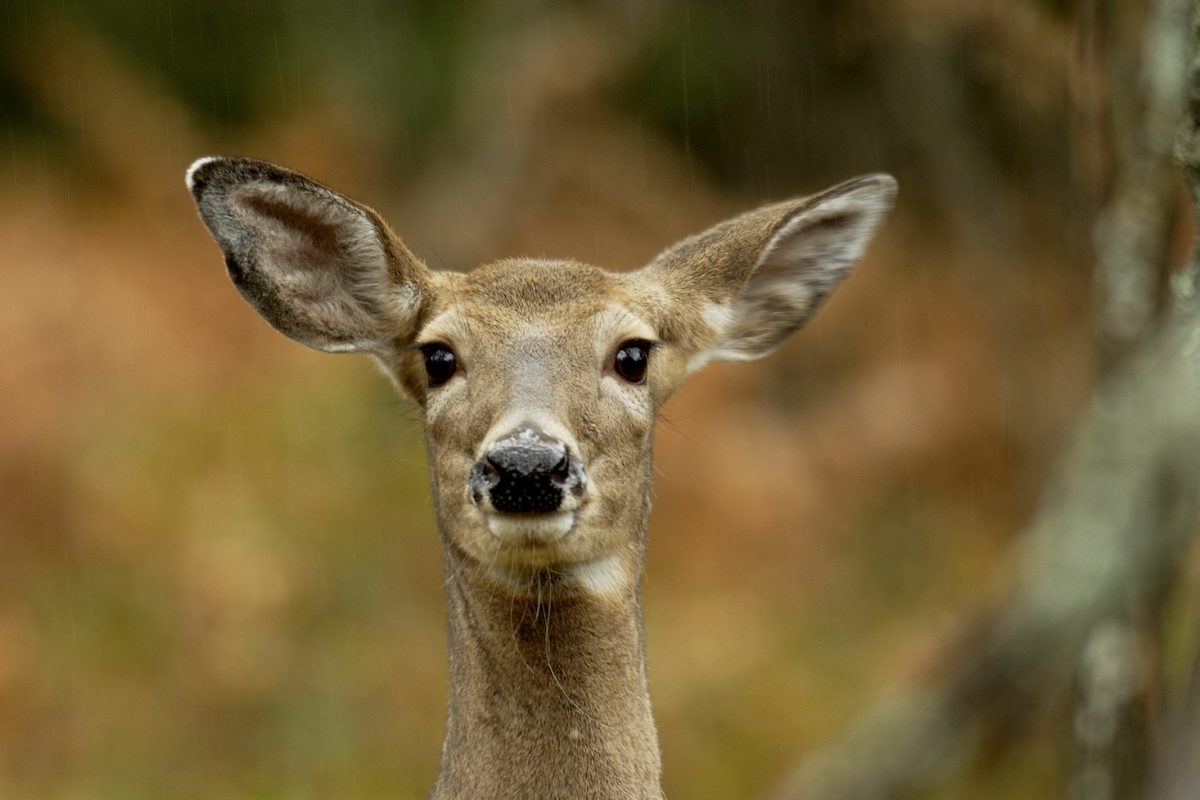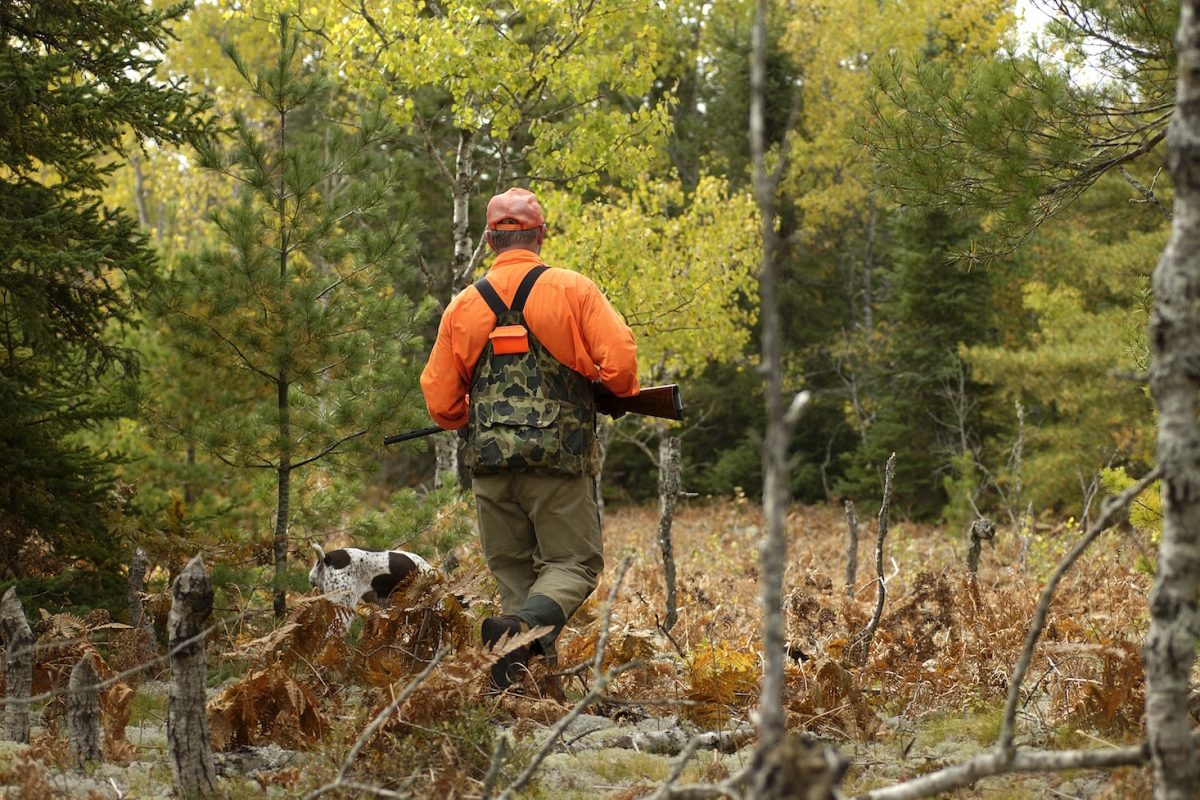Conservationists keep eyes on trends in license purchases
LANSING — As tens of thousands of hunters gear up for opening day of firearm deer season this week, they will bring with them a few extras for all Michiganders, including a healthier environment, safer roads and food for the hungry.
According to statistics just released by the Michigan Department of Natural Resources, hunting license sales are generally holding steady compared with recent years — even increasing among some demographics — and that bodes well for all Michiganders, said Nick Buggia, chair of the Michigan Wildlife Council.
“All Michiganders benefit because the health and vigor of Michigan’s outdoors, natural habitats and wildlife populations directly corresponds to the money generated from hunting and fishing license sales,” Buggia said. “Michigan’s management of the state’s wildlife and other natural resources relies primarily on the revenue from hunting and fishing license sales, not taxes.”
According to statistics provided by the DNR, a total of 456,731 people purchased hunting licenses and 1.18 million purchased fishing licenses through Oct. 31, 2023:
- Hunting license purchases were down slightly by 0.79% from 459,490 bought in 2022.
- Fishing license purchases were up 3.27% from 1.08 million bought in 2022.
Hunters and anglers aged 65 and older purchased 85,439 hunting licenses and 215,107 fishing licenses in 2023:
- In that demographic, hunting license purchases were up by 2.66% from 2022.
- Fishing license purchases were up 5.53% from 2022.
First-time hunting and fishing license purchases also increased over last year:
- 40,119 first-time hunting license purchases were an 0.86% increase.
- 252,858 first-time fishing license purchases represented a 5.79% jump.
The number of women purchasing hunting licenses dipped slightly in 2023, but the number of women buying fishing licenses saw an uptick:
- 44,18 women purchased hunting licenses through Oct. 31, 2023, down 0.39% from the same period in 2022.
- Fishing licenses purchased by women rose 3.29% to 236,099.
Another positive sign was an upsurge in the number of hunting licenses purchased by out-of-state visitors through Oct. 31. Nonresident hunting license purchases jumped to 22,351, an increase of 3.03% from the 21,693 nonresident hunting licenses bought through Oct. 31, 2022. Out-of-state visitors also purchased 212,803 (est.) fishing licenses over the same period. Notably, nonresident hunters can pay as much as 10 times more than residents for some types of licenses.
Last year, proceeds for all fees provided more than $65 million for conservation, habitat restoration and protection from invasive species.
Buggia pointed to other residual benefits that come along with deer hunting, including a reduction in deer-vehicle collisions and feeding the hungry.
“November is known for three things in Michigan: deer firearm season, Thanksgiving and the number of deer-vehicle collisions,” Buggia said. “Without deer hunters, there would be less food and more collisions.”
With an estimated 2 million deer in Michigan, deer-vehicle crashes over the last decade have typically numbered 50,000 or so each year, according to state records. Hunters statewide harvest and eat about 300,000 to 400,000 deer annually — animals that might otherwise increase the risk of collisions on Michigan roadways.
“Think of how much higher the likelihood of a vehicle-deer crash would be if it weren’t for the impact of hunting,” said Chad Stewart, a deer biologist for the DNR.
Buggia noted that feeding the hungry may be among the many lesser-known values hunting provides. Michigan Sportsmen Against Hunger, which coordinates charitable efforts by hunters and Michigan-based deer processors, estimates it has donated more than 1.03 million pounds of venison to food banks, pantries and shelters since 1991, equating to more than 4.15 million meals.
“Michigan hunters for decades have been donating venison to the hungry of our state,” Buggia said. “It’s just one of the ways sportsmen and sportswomen give back to their neighbors and fellow citizens.”
Buggia added, “Hunters and anglers support our state and communities in so many ways, including being at the forefront of conservation ethics by embracing responsible practices, respecting wildlife and contributing to habitat restoration and protection efforts. If you know an angler or see a hunter, please thank them for all they do to maintain balanced wildlife populations and prevent overpopulation, as well as for feeding the hungry and reducing crashes. They truly make Michigan’s outdoor spaces better for us all.”



